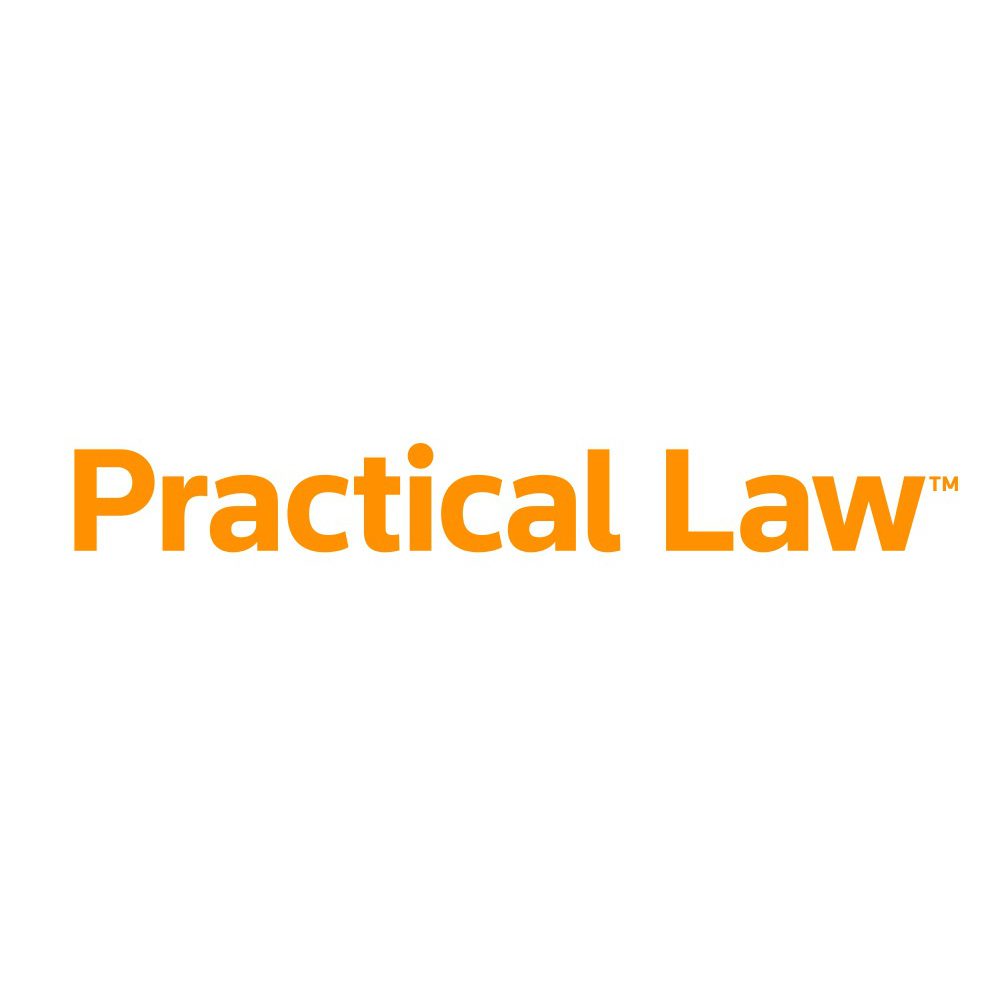Practical Law: Russian Ministry of Justice proposals likely to increase regulation of arbitration activity and introduce a blocklist of ad hoc arbitrators
On 14 June 2022, the Russian Ministry of Justice (MOJ) published a draft Bill to amend Russian arbitration regulation, the first major reform of arbitration law since 2017.
Maxim Kulkov (Managing Partner) and Andrey Chaika (Paralegal), KK&P
The Russian Ministry of Justice (MOJ) has published draft Federal Law on the Amendments to the Federal Law ‘On Arbitration (Arbitration Proceedings) in the Russian Federation‘, the first major reform of arbitration law since 2017. The proposed amendments aim to increase the MOJ’s role in the regulation of arbitration activity, add new restrictions for ad hoc arbitration, broaden the scope of participants to regulated arbitration and introduce several organisational changes affecting arbitration institutions.
One major amendment is allowing state bodies, public-law entities and foreign entities without a legal personality to be parties to arbitration, which was not directly recognised before and caused troubles in practice. This amendment may address unresolved issues regarding the arbitrability of disputes involving legal entities under state control and state bodies.
The Bill provides for two public registries in Russia. The first will identify Russian and foreign arbitral institutions authorised by the MOJ to administer arbitration in Russia. The second, called the “register of bad faith arbitrators”, will list the names of arbitrators whose awards have been annulled or not enforced by state courts due to procedural violations. Block-listed arbitrators will not be allowed to arbitrate ad hoc disputes.
The Bill also includes:
- Requirements for disclosure by arbitrating parties of third-party funding.
- The proposal that a Permanent Arbitral Institution (PAI) would be able to consider motions for injunction prior to constitution of the tribunal, if permitted under the arbitration agreement.
- A minimum requirement of ten years prior experience as arbitrator or judge for sole arbitrators or tribunal presidents in ad hoc tribunals.
Also proposed is that one arbitrator may be included in up to five (rather than three) lists maintained by a PAI.
The Bill extends the control and supervision powers of the MOJ, for instance, the right to suspend the operation of a PAI if breaches of the law are identified. Furthermore, the MOJ will be the sole arbiter of whether an arbitrator is included in or removed from the proposed blocklist.
The Bill suggests some positive changes to the scope of participants in arbitration with state bodies. However, the increase in government regulation of arbitration, particularly the PAI activity and increased pressure on ad hoc arbitration, can hardly be considered as a positive development.
The Bill is undergoing an independent anti-corruption review and public consultation, which will be completed on 28 June 2022. It is expected to be put before Parliament in the second half of 2022.
You can find the link to the full text of the article here or download the pdf of the article here (reproduced from Practical Law with the permission of the publishers).

